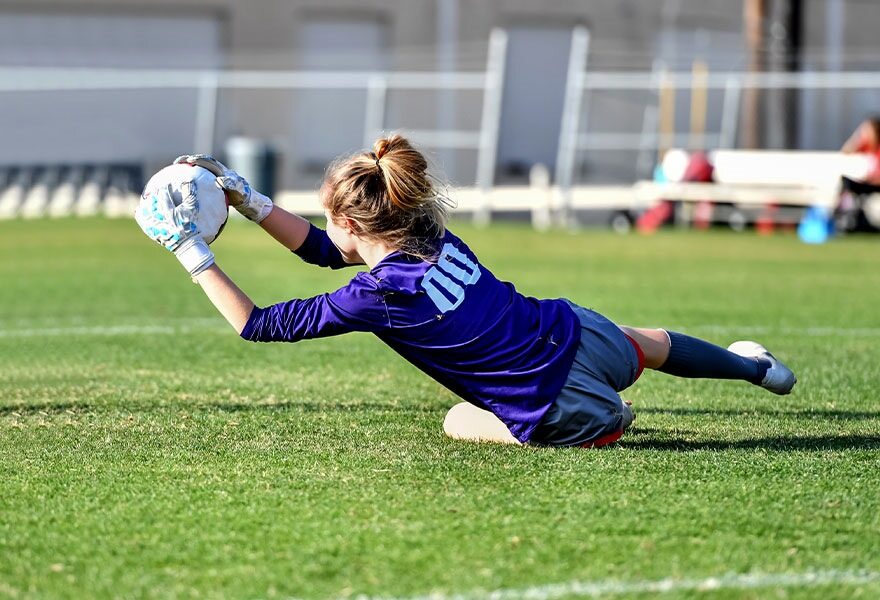Pain and stiffness in your shoulder can make every activity, including sleep, difficult. Worsening shoulder pain, especially at night, could mean you have a frozen shoulder, says Dr. Christopher Camp, a Mayo Clinic orthopedic surgeon.
Journalists: Broadcast-quality video pkg (0:59) is in the downloads at the end of the post. Please courtesy: “Mayo Clinic News Network.” Read the script.
“The scientific name that we give it is adhesive capsulitis, and, basically, it’s a condition when the shoulder gets tight and you can’t move it very well,” says Dr. Camp.
He says frozen shoulder happens when the lining that goes around the shoulder joint gets inflamed, possibly the result of a small injury. It thickens over time, forming scar tissue.
“Frozen shoulder exists in three stages, and the symptoms and treatment options depend on which stage you’re in. So the first one is an inflammatory stage,” says Dr. Camp.
That’s the painful stage. Rest and steroid injections may help. The second stage is when the shoulder is less painful but starts to stiffen. Physical therapy works well then. The third phase …
“… is what we call thawing, which means it finally starts to relax, loosen up and gain motion back again,” says Dr. Camp.
If it doesn’t resolve in six to 12 months, surgery may be an option.






